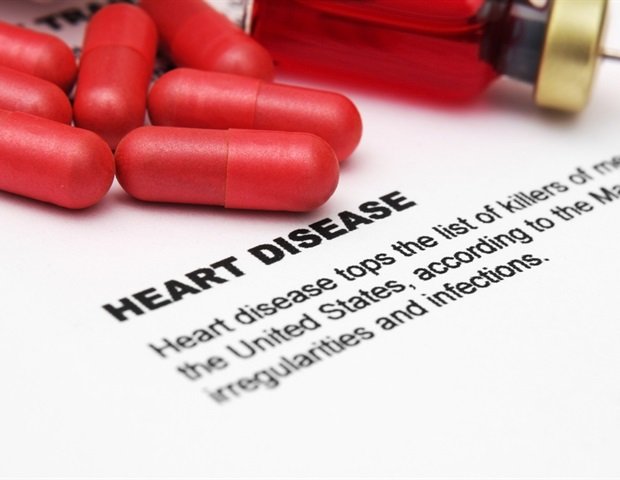A little of what you love is good for you… unless it’s a fizzy drink. Scientists studying the effect of sugar on heart disease risk have found that eating too much added sugar increases the risk of stroke or aneurysm, but eating a few treats is associated with a lower risk of heart disease. Meanwhile, drinking sugary drinks increases the risk of stroke, heart failure and atrial fibrillation.
“The most striking finding from our study is the divergent relationship between different sources of added sugar and CVD risk,” said Suzanne Janzi, PhD candidate at Lund University and corresponding author of the paper in Frontiers in Public Health. “This surprising contrast highlights the importance of looking at not just the amount of sugar consumed, but its source and context.”
A spoonful of sugar
Although most public health agencies recommend limiting sugar consumption to protect your teeth and improve your diet, previously there was limited evidence on the impact of sugar intake on cardiovascular disease. These diseases are the leading cause of death and illness in Europe, and changing your diet is a relatively easy way to reduce your risk.
To understand how sugar consumption affects the risk of cardiovascular disease and whether eating different types of sugar changes these risks, the scientists collected data from two large cohort studies, the Swedish Mammography Cohort and the Cohort of Swedish Men. These studies had dietary questionnaires administered in 1997 and 2009, allowing scientists to track participants’ diets over time.
Once exclusions were made to ensure that the two cohorts shared the same inclusion criteria and to remove independent risk factors for cardiovascular disease, the scientists were left with a sample of 69,705 participants. They looked at three categories of sugar consumption -? toppings such as honey, treats such as pastry or sugary drinks such as fizzy drinks -? and seven cardiovascular conditions: two different types of stroke, heart attacks, heart failure, aortic aneurysms, atrial fibrillation, and aortic stenosis.
Participants were followed until they died, were diagnosed with one of the CVDs, or reached the end of the follow-up period in 2019. During this period, 25,739 participants were diagnosed with CVD.
The scientists then used this data to analyze how different types of sugar intake affect the risk of different cardiovascular diseases.
Affairs of the heart
They found that drinking sugary drinks was worse for your health than any other form of sugar: drinking more sugary drinks significantly increased the risk of stroke, heart failure, atrial fibrillation and abdominal aortic aneurysm.
Liquid sugars, found in sugary drinks, usually provide less satiety than solid forms -? make you feel less full -? can lead to overconsumption. Context also matters -? Treats are often enjoyed in social settings or special occasions, while sugary drinks may be consumed more regularly.”
Suzanne Janzi, PhD candidate at Lund University
Different cardiovascular diseases were affected differently by increased sugar intake, possibly because the consumption of added sugar affected participants’ individual risk profiles differently. Elevated blood sugar generally increased the risk of ischemic stroke and abdominal aortic aneurysm, as well as increased the risk of heart failure in participants with a normal BMI.
However, the highest risks of a negative health outcome occurred in the lowest category of treat intake. Eating occasional treats was associated with better outcomes than none at all.
“This may reflect underlying eating behaviors—people who consume very little sugar may have very restrictive diets or may be restricting sugar due to pre-existing health conditions,” Janzi suggested. “While our observational study cannot prove causality, these findings suggest that extremely low sugar intake may not be necessary or beneficial for cardiovascular health.”
However, the scientists noted that more work will be needed to understand the mechanisms involved in the differential effects of different types of sugar consumption. They also pointed out that diet is highly demographically and culturally specific.
“Our findings are based on a Swedish population, which may have dietary habits and lifestyle factors that differ from those in other populations,” Janzi said. “Particularly important in this context is the social custom of ‘fika’ – regular coffee and pastry breaks that are deeply embedded in Swedish culture. These results may not translate directly to other populations with different food cultures.”
Source:
Journal Reference:
Janzi, S., et al. (2024) Added sugar intake and its associations with the incidence of seven different cardiovascular diseases in 69,705 Swedish men and women. Frontiers in Public Health. doi.org/10.3389/fpubh.2024.1452085.
